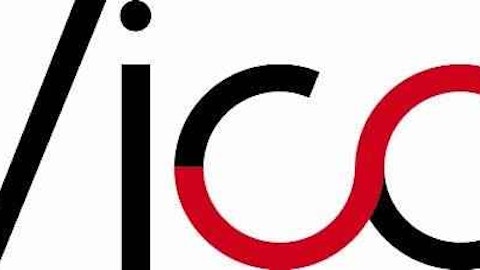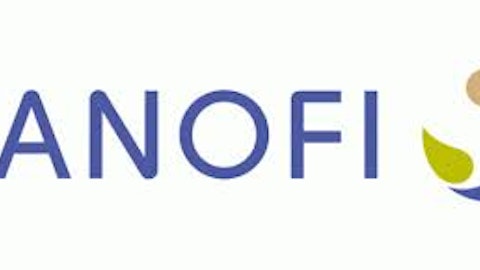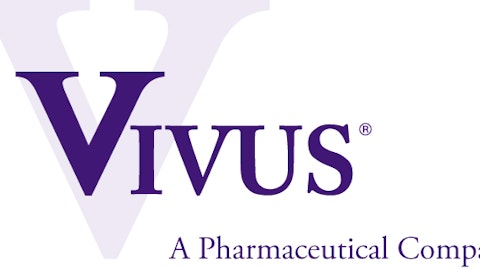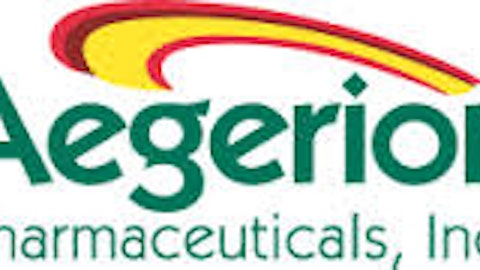Baseball star Alex Rodriguez had an opportunity to be perhaps the greatest player of the past decade or even longer — that was until he threw it all away by admitting to steroid use in 2009 and after being linked to the BioGenesis scandal that broke in January.
Being a Yankee and the man that signed the biggest contract in MLB history in 2007 — a $275 million deal over 10 years — Rodriguez was already a marked man that few MLB fans liked. Following his admission of using performance-enhancing substance beginning in 2001, and being linked to South Floridian anti-aging clinic BioGenesis along with more than a dozen other MLB and minor league players as user of human growth hormone and other illegal substances, disgust might be far too polite a word to describe the fans’ current view of Rodriguez. To put this in a different perspective, in Rodriguez’s first game back following hip surgery on Tuesday he was hit by a pitch in Chicago, and the crowd actually cheered!
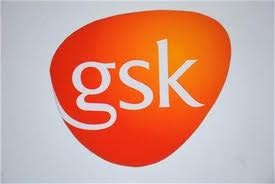
Not only is PED usage a multi-sport problem, but the lengths at which players are going about securing these drugs, following their development by pharmaceutical companies that are oblivious to their misuse, and circumventing the current testing technology, is stunningly scary.

Source: Wikimedia Commons.
Cheaters beware
However, that may be about to change, as Alex Rodriguez’s long-tenured link to doping could be the impetus that finally encourages dramatic change and pushes drugmakers and the World Anti-Doping Agency (WADA) together to combat PED abuse.
We’ve already seen examples in the past of drugmakers and WADA working hand-in-hand to clean up various sporting events. Two drugmakers that have led the charge are Roche Holding Ltd. (ADR) (OTCBB:RHHBY) and GlaxoSmithKline plc (ADR) (NYSE:GSK).
The move toward cooperation with WADA is pretty easy to understand for Roche Holding Ltd. (ADR) (OTCBB:RHHBY), because it developed an anemia drug called Mircera, better known as CERA, which was primarily taken by cyclists to aid in the production of red blood cells, thus improving oxygen flow and stamina.
GlaxoSmithKline plc (ADR) (NYSE:GSK), on the other hand, followed Roche Holding Ltd. (ADR) (OTCBB:RHHBY)’s lead in testing for CERA by becoming the official anti-doping sponsor for the 2012 London Games, and has agreed to share proprietary information on all of its new drugs prone to abuse with WADA going forward.
You might think that it’d be easy to concoct a diagnostic test capable of detecting a synthetic drug from the body’s own production of chemicals, but it’s actually quite difficult depending on the chemical markers and the amount of the PED being used. In fact, many of these drugmakers, like Roche, needed years to develop diagnostic tests for their drugs. Ultimately, though, the Food and Drug Administration often requires drug developers to detail the pathway by which a new drug cycles through the body during the drug approval process which is the basics for developing an anti-doping test. Yet not all drugmakers were as accommodative as Roche Holding Ltd. (ADR) (OTCBB:RHHBY) or GlaxoSmithKline plc (ADR) (NYSE:GSK) with developing a PED test for their drug.
Take Amgen, Inc. (NASDAQ:AMGN) for example. Amgen, Inc. (NASDAQ:AMGN), maker of erythropoietin-stimulating drugs designed to treat anemia in kidney dialysis and cancer patients, did developed a diagnostic test for its anemia drug, Aranesp. That wasn’t, however, until well after some coaxing from anti-doping agencies to do so and long after it actually sponsored a cycling event at a time when EPO (what Lance Armstrong used) was being abused within the cycling world.
This sector is welcoming tougher PED testing
While there could be some potential of lost sales for these drugmakers with regard to cheaters in these sports, the benefits of more stringent PED testing should more than outweigh these costs. For one, GlaxoSmithKline plc (ADR) (NYSE:GSK) and Roche Holding Ltd. (ADR) (OTCBB:RHHBY)’s collaborative efforts could translate into increased sales if they develop the diagnostic kit used to test athletes. Major League Baseball, especially, needs to step in with considerably tougher PED-testing regimens to restore faith in the sport with its fans. As these sports look to clean up their act, companies like GlaxoSmithKline plc (ADR) (NYSE:GSK) and Roche could shine.
In addition, the positive public image of working side-by-side with anti-doping agencies to clean up sports can provide an intangible market value that can’t be expressed in words. Just as consumers prefer to shop at stores they trust, or that are local, Roche Holding Ltd. (ADR) (OTCBB:RHHBY) and GlaxoSmithKline plc (ADR) (NYSE:GSK)’s collaboration with WADA adds a level of transparency not often seen from a pharmaceutical company which could help enhance shareholder value.
The article Why Alex Rodriguez Could Bring Big Business to This Sector originally appeared on Fool.com and is written by Sean Williams.
Fool contributor Sean Williams has no material interest in any companies mentioned in this article. You can follow him on CAPS under the screen name TMFUltraLong, track every pick he makes under the screen name TrackUltraLong, and check him out on Twitter, where he goes by the handle @TMFUltraLong. The Motley Fool has no position in any of the stocks mentioned.
Copyright © 1995 – 2013 The Motley Fool, LLC. All rights reserved. The Motley Fool has a disclosure policy.
